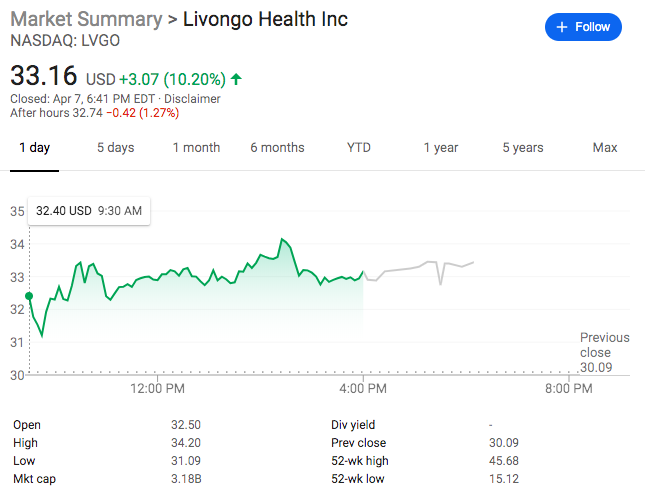Railsbank, the open banking and compliance platform, has picked up further investment, following the company’s $10 million Series A in September 2019.
This time backing comes from Visa — a strategic investment, if you will — along with Global Brain, a venture capital firm based in Tokyo, Japan. The exact amount isn’t being disclosed, though sources peg it as “several million” U.S. dollars.
In addition to investment, Railsbank is announcing that it has signed a 5 year partnership with Visa to deliver Banking as a Service (BaaS) innovation in Southeast Asia, and recently became a Visa “principal issuing” member.
“Being a principal Visa member and by joining Visa’s Fintech Fast Track Programme, Railsbank can now access Visa’s growing partner network, technologies and experts, enabling Railsbank’s customers to rapidly and effectively launch Visa based products throughout Asia and beyond,” explains the company.
Railsbank co-founder and CEO Nigel Verdon, who previously founded Currencycloud, says the partnership with Visa signals the fintech’s intent to be “the most innovative banking platform business” in Asia-Pacific. “Our API focussed platform is the simplest way for any business or brands to quickly conceptualise, build and launch digital finance products that easily incorporate Visa’s product suite and capabilities,” he adds.
To that end, Railsbank positions itself as a “utility” on which other companies — spanning fintech upstarts, challenger brands, to incumbent banks that want to re-factor their tech — can build and sell various financial services or add fintech features to their products.
When the company closed it Series A, Verdon likened it to what Amazon has done for data centres with AWS. “Railsbank is a utility for the compete financial services backend: platform, connectivity, operations, scheme memberships (e.g. Visa), regulation, and compliance,” he told me at the time.
Cue statement from Naoki Kamimaeda, Partner and Europe Office Representative of Global Brain Corporation: “We see huge potential in Railsbank’s vision and open banking platform. Corporates, especially in Asia, are more willing to have banking services and Railsbank can provide them with a turnkey solution for this. We are very excited to join Railsbank’s bold vision and look forward to actively supporting its expansion and penetration in Japan and Asia.”
Railsbank is headquartered in London, but also has offices in Singapore, Lithuania, the Philippines, Vietnam and Sri Lanka. Meanwhile, I understand that it could announce U.S. expansion plans in the coming weeks.

